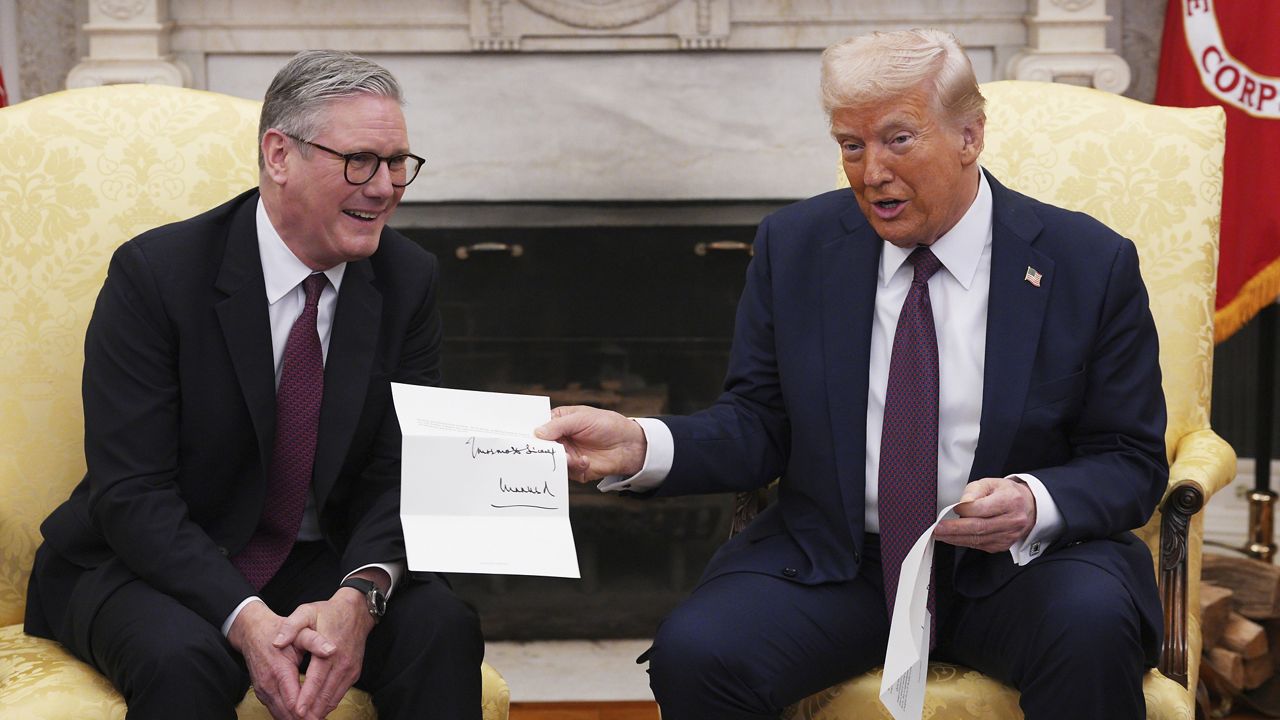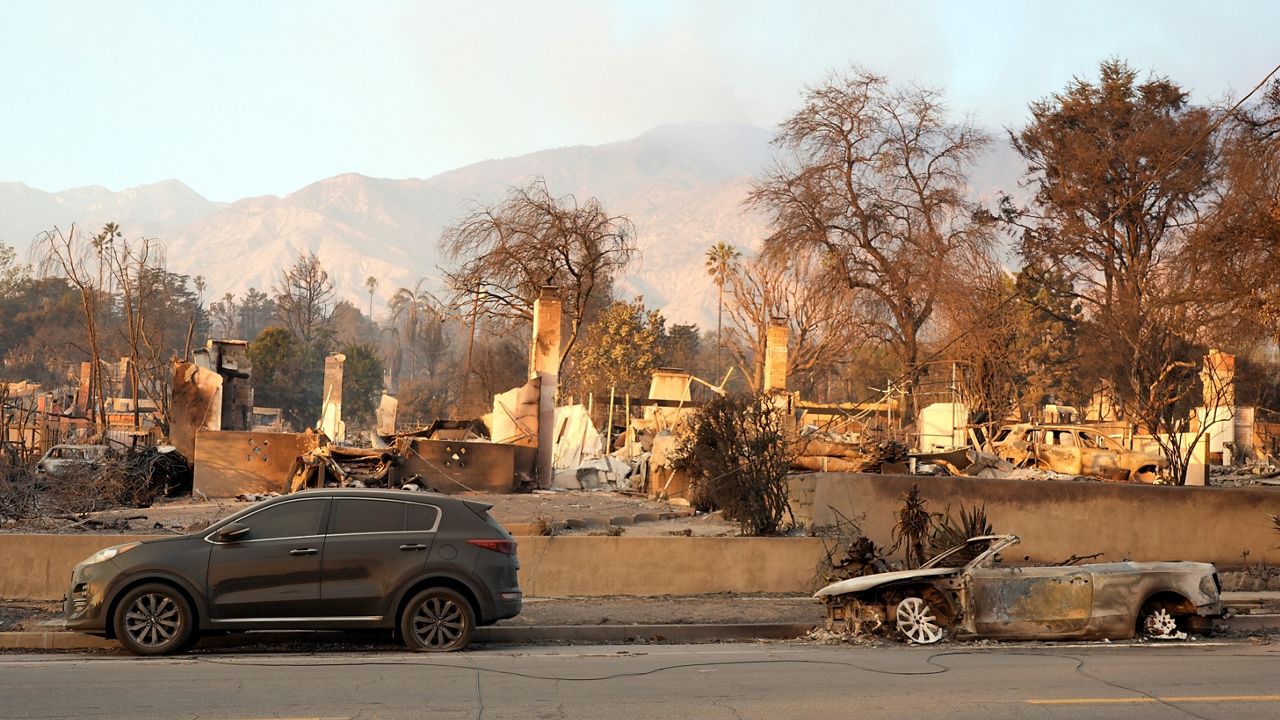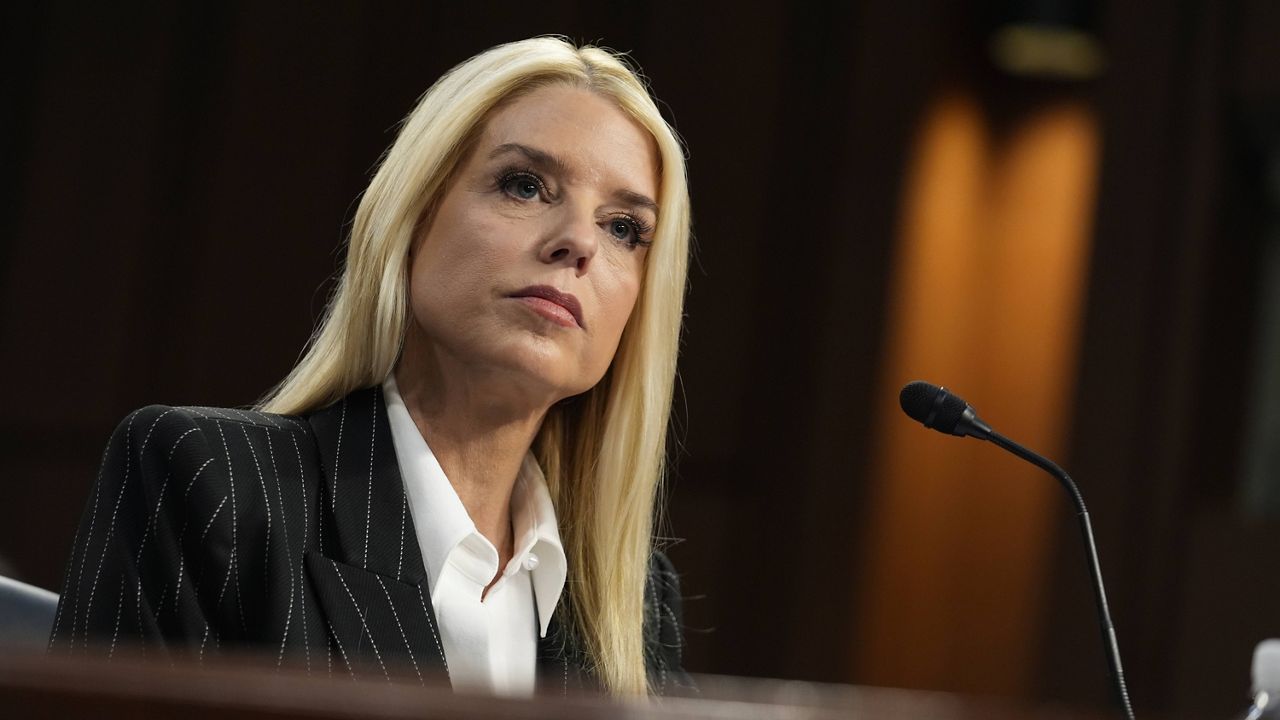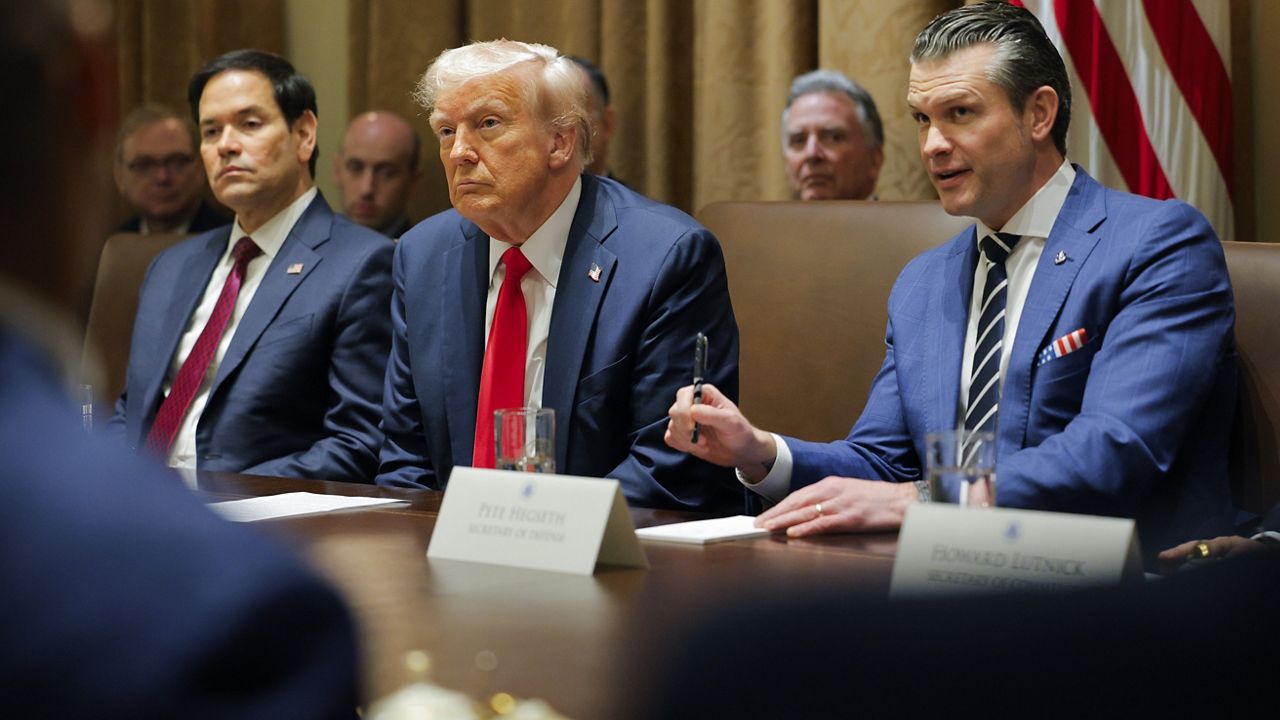President Joe Biden on Tuesday spoke with Chinese leader Xi Jinping in what was described by administration officials as a bid to build on progress established during last year’s summit in California.
The closely watched sit-down between the pair in November followed a year in which tensions between the two world powers flared.
“At Woodside, the two leaders agreed to maintain regular open lines of communication to responsibly manage competition and prevent unintended conflict,” a senior administration official said on a call with reporters, referring to the town in California that hosted the leaders. “And this phone call really is just part of that ongoing effort.”
Over a phone call that lasted an hour and 45 minutes, the two leaders on Tuesday discussed counternarcotics, artificial intelligence, military-to-military communications and climate, the White House said. Biden, according to administration officials, also raised concerns over Beijing’s recent actions, described as “destabilizing,” in the South China Sea and China’s efforts to help Russia reconstitute its defense industrial base amid the war with Ukraine as well as the need for a complete denuclearization of the Korean peninsula.
National Security Communications Advisor John Kirby told reporters at Tuesday’s White House briefing that the pair also discussed the popular social media app TikTok. The House last month passed a bill that would ban TikTok from U.S. app stores unless Chinese company ByteDance divests itself within six months amid concerns from lawmakers over the potential for the Chinese government to access user data. Biden said he supports the bill but its path in the Senate, where it still needs to pass to become law, is unclear.
“He made it clear to President Xi that this is not about a ban of the application but rather our interest in divestiture so that the national security interest and the data security of the American people can be protected,” Kirby said.
In November, Biden emerged from hours of meetings with his Chinese counterpart touting agreements on reestablishing military dialogue – a key focus for U.S. officials ahead of the highly anticipated summit – as well as efforts to combat illicit fentanyl production.
Officials noted that since then, the U.S. has seen Beijing implement some “initial” measures to crack down on the flow of precursor chemicals needed for the production of illicit synthetic drugs. China is the source of much of the chemicals used to make the synthetic drugs, such as fentanyl. Those drugs are often then produced in Mexico and trafficked into the U.S. through cartels.
Biden on Tuesday, an administration official said, was expected to “emphasize the need for continued progress and substantive action on counternarcotics.”
“The drug trade is continually evolving and changing and in order to ensure that we are disrupting this trade flow, we – the U.S. and China – need to continue to maintain close consultations, both law enforcement to law enforcement, at the technical level and otherwise, to really drive that substantive law enforcement action,” the official said.
On military dialogue, an administration official said the U.S. expects communications at the secretary-minister level as well as between theater commanders “in the coming months.”
“All of these interactions from the operator, all the way up to the very top [Secretary of Defense] level are important to avoid misunderstandings and miscalculations,” the official said. “President Biden has made clear that this mil-mil communication is critical at all times but especially during times of heightened tensions.”
The U.S. and China are also working toward a dialogue dealing with the risks and safety challenges regarding artificial intelligence, officials said.
Kirby told reporters that both leaders committed to “pick up the phone and speak when needed” going forward.
Although – as the president often mentions – the two leaders have spent a significant amount of time together during Biden’s time as vice president, November’s summit at an estate just outside San Francisco marked just the second in-person meeting between the pair since Biden took office. The sit-down was held on the sidelines of the Asia-Pacific Economic Cooperation, for which both leaders traveled to California.
During a press conference after the marathon day of meetings, Biden highlighted the conversations between himself and his Chinese counterpart as “some of the most constructive and productive discussions we've had."
But things appeared more tenuous again when Biden said he would still refer to Xi as a dictator – a characterization that previously irked the Chinese government – when responding to a shouted question just before leaving the press conference.
"Look, he is,” Biden said in response.
Tensions between the U.S. and China simmered last year, particularly after the U.S. downed a Chinese spy balloon that had traversed the continental U.S. and China hacking the emails of a Biden cabinet secretary and other officials.
Differences over the self-ruled island of Taiwan, China’s approach to Hong Kong and Beijing’s treatment of ethnic minorities have also strained relations.
“President Biden has consistently underscored the critical importance of respect for human rights and I expect the president will again raise concerns regarding the erosion of Hong Kong's autonomy and PRC human rights abuses,” an official said.
China has also accused the U.S. of trying to stifle its economic development. The Biden administration has been adamant in emphasizing it is seeking to manage competition while making sure it doesn’t boil over into conflict, often adding it is looking to “derisk” when it comes to its relationship with China rather than “decouple.”
Kirby told reporters that Biden on Tuesday also raised concerns over China’s “unfair trade policies.”
The official noted Treasury Secretary Janet Yellen and Secretary of State Antony Blinken will soon be making trips to China.








